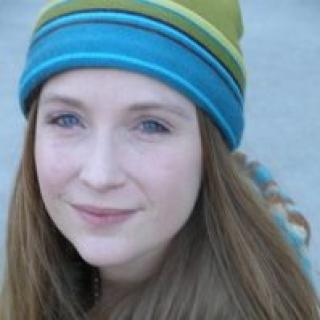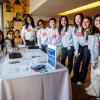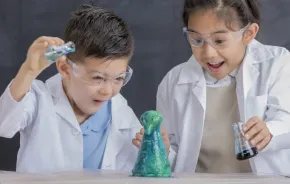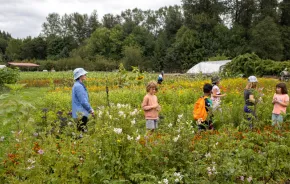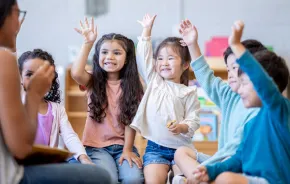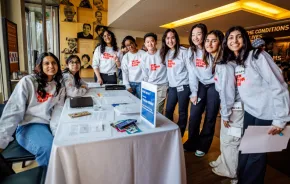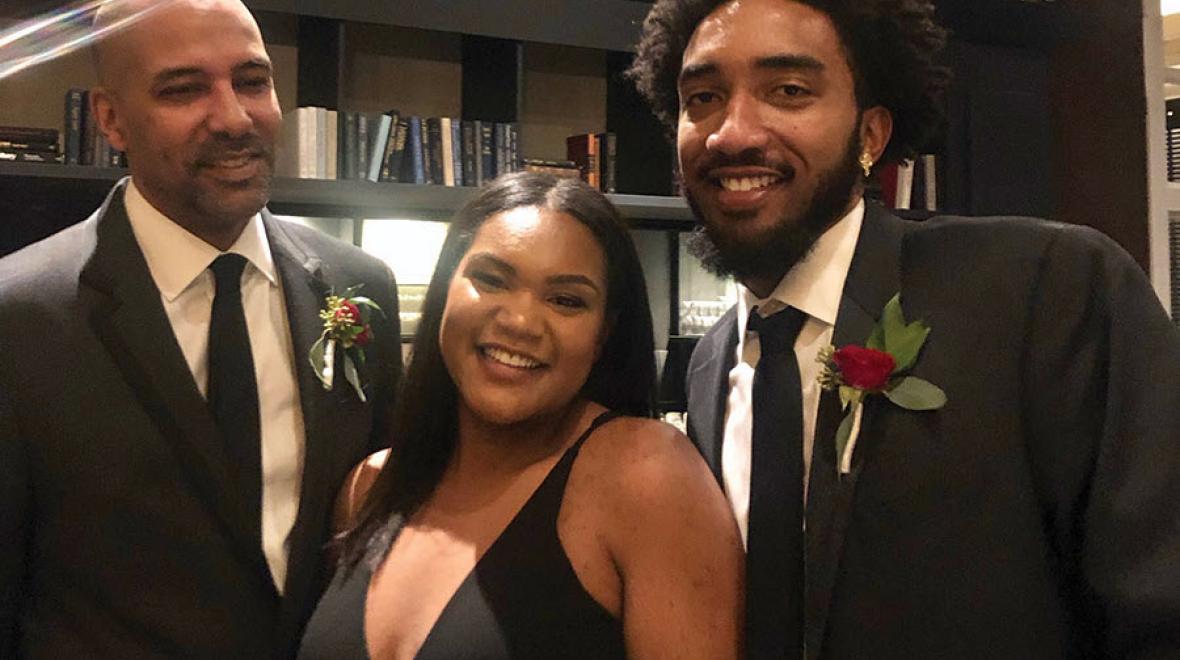
Photo:
Leila Abe celebrates with father Daudi and brother Dana Abe
Editor's note: This article was sponsored by the Bill & Melinda Gates Foundation.
I ask 17-year-old Leila Abe how her mother might describe her to me. She answers: “I think she would probably describe me as quiet, but always thinking about something. … I’m really not what you would expect me to be, I guess.” As we continue talking, it doesn’t take me long to understand that this poised and thoughtful teen is certainly in many ways above and beyond expectation.
A determined and demonstrated ability to express her views and to work toward the change she wants to see in the world — despite her natural introversion — has characterized Abe’s young life.
A former Bush School student who is currently attending Cleveland High School, Abe is also involved in the Running Start program at Seattle Central College. As a student of color, she has become accustomed to spotting gaps in representation in her education, and these observations have motivated her to work toward restorative justice solutions, both in and out of school. She notes that her history classes in particular have been predominantly Eurocentric, and that she has experienced frustration “not learning anything about people who looked like me.”
“Black students were expected to fill in the gaps that the white teachers couldn’t,” Abe continues. “I think that’s where I really started [to get involved in social justice issues]. ... There’s a problem with the institution, and we need to provide a better curriculum so that Black students don’t have to do so much work.”
Toward that aim, the highly self-motivated teen worked with faculty and other classmates at both schools to help design and implement a racial-bias incident reporting system for students to anonymously escalate issues of disparity.
For Abe, the drive to correct for gaps in the representation of the Black American experience — in history and in the media — extends outside the classroom to her volunteer staff position managing social media for the nonprofit organization BlackPast.org. Founded and directed by University of Washington emeritus history professor Quintard Taylor, the website serves millions of visitors a year as a free reference — a “Wikipedia for African-American history,” to use Taylor’s comparison — and exists to weave the truths of the Black American experience into every American’s identity.
Abe’s incipient talent and interest in writing — bolstered by encouragement from her father, a professor and a published author and writer himself — compelled her to apply for and earn a spot in KUOW’s summer 2018 RadioActive Youth Media intro workshop, in which she was able to produce several impactful podcasts about her experiences confronting racism.
A lot of my passion is about uplifting marginalized voices … and trying to tell stories for people whose stories aren’t told.
This intensive workshop not only provided Abe with a new medium to share her voice and perspectives, but also a platform and opportunity to elevate and represent those of others.
“A lot of my passion is about uplifting marginalized voices … and trying to tell stories for people whose stories aren’t told,” Abe says.
One of her most personal and powerful RadioActive podcasts deals with a racist assault experienced by her mother and its traumatizing aftereffects. Abe’s KUOW feature story mentor, Sonya Harris, says of working with her on the piece: “She delved into the work and the result was a captivated and teary-eyed crowd of listeners during a public listening session. Ms. Abe’s work changed the atmosphere in that [setting] and mentoring her changed me! I have no doubt she will continue this pattern of ‘change’ in all the spaces she holds in the world.”
Abe credits the loving guidance of her own parents and mentorship experiences like the RadioActive program for encouraging her community involvement. What advice does she have for parents who wish to inspire their own children to be changemakers, as well?
“I think that every kid will find their way if their parents don’t push them too hard. You can become a leader in so many different ways — it doesn’t necessarily have to be for social justice issues. … So, don’t push your kids, just nudge them, you know?”





